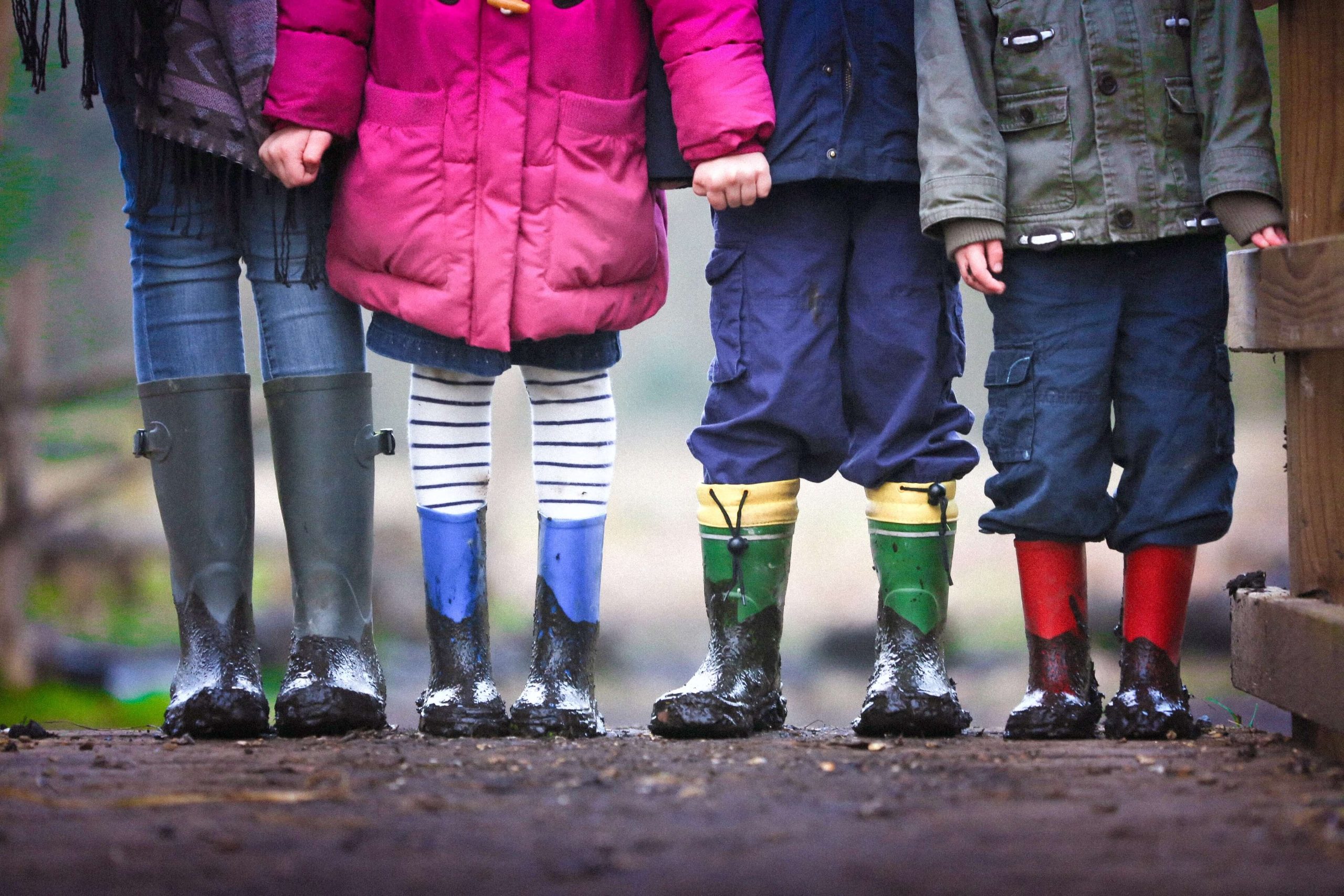
Children and the law: when parents separate
The Commissioner for Children’s Rights often receives a question of this nature: “What rights are reserved for the child when the parent’s divorce?” Let’s try to answer this question in more detail. Or if it’s hard for you to understand you can always apply for a family law service in Yerevan, and they will help you with all problems with divorce or with children.
Which parent will the child stay with after the divorce?
Considering the case of divorce of parents, the court determines the fate of the children. Spouses can independently agree on children by presenting the appropriate agreement to the court. In the agreement, among other things, it is possible to stipulate with whom the children will now live.
In the absence of an agreement, the dispute between the parents is based on the interests of the children and takes into account the opinions of the children. At the same time, the court considers the child’s attachment to each of his or her parents, brothers and sisters, the child’s age, the parents’ moral and other personal qualities, the child’s relationship with each of his or her parents, and the possibility of creating favorable conditions for the child’s upbringing and development (type of activity, mode of work of parents financial and marital status of parents, etc.).

Note that a more stable financial situation of one of the parents does not in itself mean that the child will stay with him. There are no special rules that would establish that children should remain with their mother (or father) after a divorce.
The right to communicate with relatives.
The right of a child to communicate with parents, grandparents, sisters, brothers, and other relatives is enshrined in law. Dissolution of marriage, its recognition as invalid, separation does not affect the rights of the child. In the event of parental separation, the child has the right to communicate with both parents. The child has the right to communicate with his parents also in the case of their residence in different states.
If the parents (one of them) refuse to provide the close relatives of the child with the opportunity to communicate with him, the guardianship and guardianship authority may oblige the parents (one of them) not to interfere with this communication. If the parents (one of them) do not obey the decision of the guardianship and guardianship authority, close relatives of the child or the guardianship and guardianship authority have the right to apply to the court with a claim to remove obstacles to communication with the child. The court resolves the dispute proceeding from the interests of the child and takes into account the opinion of the child.
The right to housing.
The child has the right to live with his parents and use the living quarters. If a child has a share in a privatized apartment, then no one has the right to take it away. This can involve matters such as where the children will reside, how often they will see the other parent, child support, and education.
The children may, for example, live with one parent and communicate with the other on a regular basis. They may, for example, spend one week with one parent and the other with the other.





